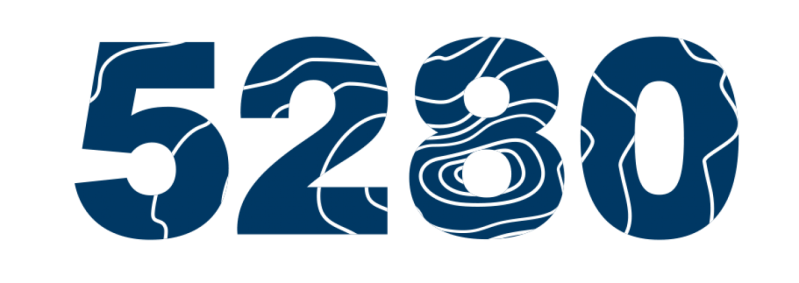Blogging is hard. You need to be committed. One of my favourites, The Aussie Oil and Gas Observer, smashes them out daily. They contain wit, are often insightful and full of intelligent commentary about the state of play of some of the more colourful players in whatever space they occupy. They are never, ever cynical; or immoderate; or sarcastic. Others I like have practically become modern day institutions in their own spheres of influence for their wide (some wider than others) syndication: The Slugcatcher, Nate Silver and Patrick Leach.
At their best they add sensible, intelligent commentary to forums and communities that need to be tended, rejuvenated, curated by those who care. Its a form of modern day intellectual gardening. When done well, blogging is (almost) better than publishing: low cycle times means insights are fresh, topics relevant, but put in perspective of the shared topical history. That’s a hard ask for anyone, let alone someone new to the genre of Decision Analysis, and even harder for someone lacking a serious writing background. (I’ll probably need to get my wife to be a permanent guest editor at some stage).
So, here I go: take the challenge of adding-to rather than detracting-from the cacophonous trumpeting of the internet blog-o-sphere.
The main reason this blogger finally screwed up his courage and took up the keyboard is this: I like Decision Analysis (or Decision Quality depending on who you ask). When introduced to it during my Masters at the University of Adelaide’s ASP (a permanent thanks to Steve), my first reaction was along these lines: “why the heck isn’t this the first thing you learn at University?” Honestly, 2 years of calculus were next to useless after you have access to Matlab or WorframAlpha (ok, not totally useless); but better decision making skills enhance every aspect of a persons life, where as doing triple- or line- integrals for hours on end is not exactly promoting enhanced quality of life for all concerned (as intellectually satisfying as they may be when you do solve them). I want to read more about its use. I want to apply it more. I want to find a community of practice and help it grow.
This new found passion eventually lead me to want two things: 1) do more of it professionally, and 2) find more people who were doing it well, learn from them and see if we could help others do it better together.
To that end, I joined the SDP and attended DAAG 2016 (in Banff). For those less familiar with Aussie slang, the DAAG moniker could hardly have been more poorly or in fact more properly chosen. In Australia, a Dag is the odd but love-able outsider; the underdog; the likeable quirky person who always seems to be doing not quite the same thing as everyone else. It can be a horrible put-down, or an expression of endearment. These are the DA/DQ professionals. They are that go-to person who always seems to have more clarity about your problem(s) than you do; but who is not the over-paid consultant-y type (no one from McKinsey & Company was there to the best of my knowledge, nor any of the other Big 4); who exudes sensibility, but not officiousness; who you know that, after a conversation with them, your mind will have expanded. They love data and hard problems, but don’t obsess over it like Engineers or Data Science types. Problems or decisions can be progressed to acceptable solutions with a conversation, or a matrix, a workshop or a huge model developed over years. They can be smothered in process, or chatted about over coffee. Insights are a permanent feature, designed-in to the thinking and methods, not grappled for at the last minute. They recognise uncertainty, characterise it like any other abstraction and incorporate it into their thinking as a matter of course. Properly identifying it and distinguishing it from decisions is one of their key tenants. I loved it.
Formal Decision Analysis is an art form – it is not widely practition-ed, but widely applicable. The people present at DAAG know the power of their knowledge base, but continually struggle to find open ears. Advocacy dominates human decision making[citation needed]. Using formal systems takes effort, and when decision making gets hard, “more process” is often the first thing to go (lazy System 2). When you find such a like minded group of people: dedicated to doing better with the resources humanity has at its disposal (or similar definition of a decision), its hard to fail to be recharged.
The application of Decision Science appears, to this blogger at least, light on the ground in Australia. Whole industries suffer from poor practice of it. Yet where are those dedicated to ensuring we do/are better (aside from at DAAG) rather than just point out the poor behaviour of others; to ensuring good fundamentals in decision making are not just available, but embedded, permanent, dynamic, alive and applied as widely and as thoroughly as possible?
This blog will dedicate itself to the exploration of the application of Decision Science in Australia, and mainly in the Oil and Gas context, since that is my professional foundation. I know its application is wider and broader than I can now identify. If you are keen to join me on this journey, do so now.

